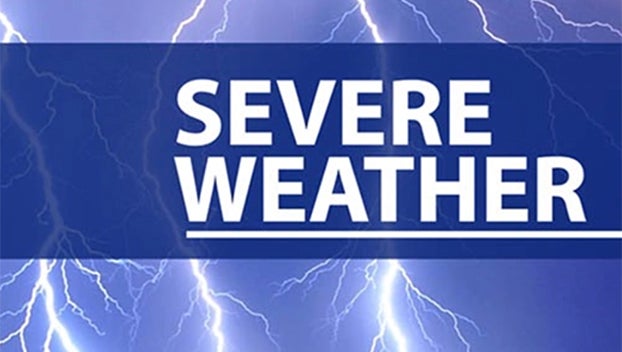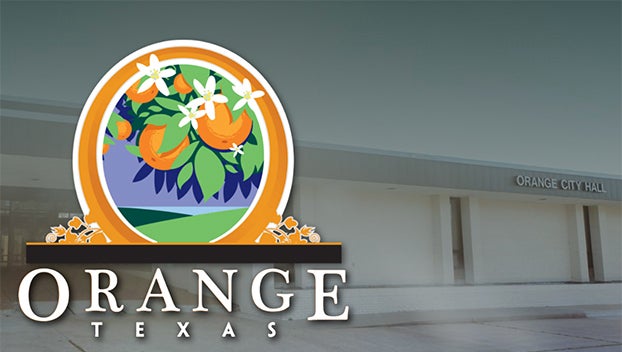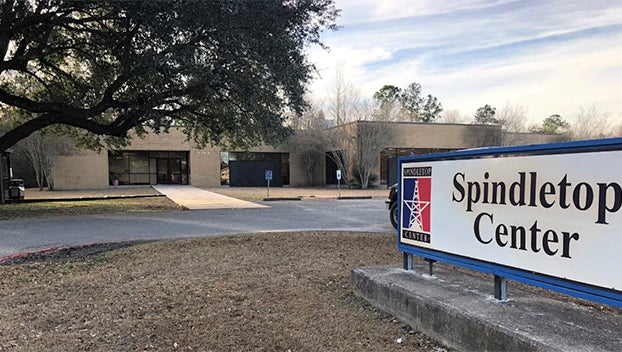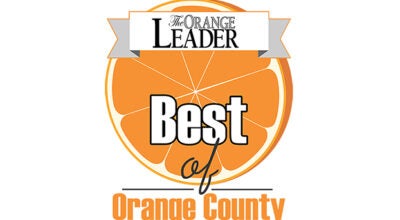New USDA Projects Build on Efforts to Restore Lost Wetland Functions, Benefits on Agricultural Landscapes
Published 7:42 am Tuesday, March 16, 2021
|
Getting your Trinity Audio player ready...
|
Temple, Texas — The USDA Natural Resources Conservation Service (NRCS) is investing $28 million in six new Wetland Reserve Enhancement Partnership (WREP) projects and four ongoing ones, which enable conservation partners and producers to work together to return critical wetland functions to agricultural landscapes. NRCS will invest $970,000 in the first year of the Texas Mid-Coast Initiative with Ducks Unlimited, Inc.
“Wetlands have tremendous benefits, from cleaner water, to flood prevention, to enhancing wildlife habitat to sequestering carbon,” said Kristy Oates, NRCS state conservationist for Texas. “The Wetland Reserve Enhancement Partnership is a tool that’s helping Texas partners cover more ground with producers in expanding the footprint of healthy wetlands across our country.”
New projects include:
- Texas Mid-Coast Initiative: Ducks Unlimited, Inc.
This project seeks to enroll nearly 700 acres of wetlands to conserve priority wetland habitats for migratory birds and other state and federally listed species through restoration and enhancement efforts. The project also aims to improve habitat conditions for fish and wildlife and to improve the overall health and freshwater flows of streams and riparian areas into the coastal bays and estuaries. Land protection through wetland conservation easements and subsequent restoration activities will ensure that habitat needs are met for critical wildlife species and that these systems will function as intended to improve water quality and quantity over the landscape and eventually into the coastal bays and estuaries.
Other projects include:
- Tri State: The Nature Conservancy
The project focuses on restoring forested wetlands within priority portions of the Mississippi Alluvial Valley in Arkansas, Louisiana and Mississippi, including specifically targeting priority watersheds of the Mississippi River Basin Healthy Watersheds Initiative area.
- Iowa Skunk River: Iowa Dept. of Natural Resources
This existing project now seeks to enroll and restore 700 to 1,000 additional acres of riverine wetland and grassland habitats to restore important monarch habitats through floodplain wetland and grassland restoration, restore off-channel and wet meadow wetlands, and provide reduced sediment and nutrient delivery to the Skunk River system.
- Bayou du Chien: The Nature Conservancy
This project seeks to enroll 2,500 acres over the next three years to improve wildlife habitat through the development of large, contiguous blocks of protected land to benefit priority species and improve water quality in both local watersheds and the greater Mississippi River basin by directly reducing excess nutrients and sediments through floodplain reconnection and restoration.
- Lower Mississippi River Batture Phase VI: Mississippi River Trust
This existing project seeks to build on sustainability efforts and water management in the active floodplain of the Lower Mississippi River, or the Batture, thus providing significant ecological, economic and societal benefits.
- Nebraska Playa Wetlands: Nebraska Community Foundation
This project seeks to enroll playa wetlands to protect, restore, and manage wetland ecosystems and associated uplands. Wetland restorations are expected to address multiple resource concerns, including wildlife habitat, water quality and water quantity.
The balance of the $28 million NRCS investment after new projects are funded is $14.7 million, which provides funding for four projects now in their second year.
WREP is a component of the Agricultural Conservation Easement Program – Wetland Reserve Enhancement program through which NRCS enters into agreements with eligible partners to target and leverage resources to address high priority wetland protection, restoration, and enhancement activities and improve wildlife habitat on eligible lands. WREP enables NRCS to collaborate with partners on high-priority wetland restoration projects to return critical wetland functions and improve wildlife habitat.
Through selected WREP projects, partners voluntarily work with agricultural producers to execute targeted wetland protection, restoration, and enhancement activities on eligible agriculture lands. Restoring wetland ecosystems helps filter sediments and chemicals to improve water quality downstream, enhance wildlife and aquatic habitat, reduce impacts from flooding, recharge groundwater and offers recreational benefits.
Are you looking to help restore the quality and abundance of our nation’s wetlands? Check with your local USDA Service Center for wetland restoration project opportunities. NRCS will determine if the acres you offer are eligible for the program. Agricultural producers with high priority acres, based on competitive selection, may receive an offer.





